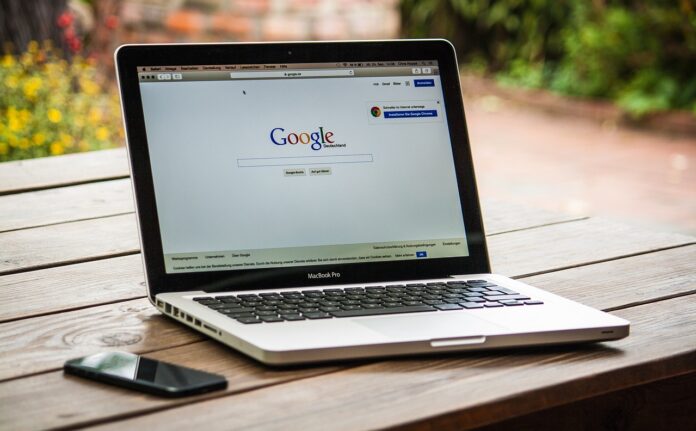Understanding the differences between organic and paid search is crucial for any business looking to maximise its online visibility. Both methods have unique advantages and challenges, and selecting the right strategy depends on your goals, budget, and timeline. Below, we explore five key differences between organic and paid search.
Search Results Placement
Organic search results appear in the middle of the search engine results page (SERP), typically below paid ads. These rankings are determined by search engine algorithms, which analyse factors such as relevance, backlinks, and keyword optimisation.
In contrast, paid search results appear at the top of the webpage, often marked as “sponsored” or “ad.” These results are part of a pay-per-click (PPC) advertising model where businesses bid on keywords to secure prime placement. Companies looking for instant visibility often turn to a top PPC agency in Manchester to optimise their paid search campaigns and increase conversions.
Click-Through Rates (CTR)
Click-through rates differ significantly between organic and paid search. While paid ads often receive more immediate clicks due to their prominent position, users tend to trust organic results more, leading to sustained engagement over time.
Organic search relies on high-quality content and SEO strategies to attract clicks, whereas paid search benefits from eye-catching ad copy and keyword bidding. The key challenge with paid search is that once you stop funding campaigns, traffic quickly declines, while organic search can continue driving clicks long-term.
Time to Rank and Visibility
Organic search requires a long-term commitment. Websites must be optimised using SEO best practices, such as keyword research, content marketing, and link-building, to gradually climb the rankings. This process can take months or even years, depending on competition and industry.
Paid search, however, offers immediate results. By allocating a budget to PPC campaigns, businesses can achieve top rankings almost instantly. This makes it an attractive option for short-term campaigns, product launches, or seasonal promotions where quick visibility is crucial.
Traffic Quality and Consistency
Organic search tends to bring in more sustainable and high-quality traffic. Since these visitors are actively searching for relevant content, they are more likely to engage with the website and explore multiple pages.
On the other hand, paid search generates traffic based on ad targeting and keyword bidding. While it can drive large volumes of visitors, the quality of traffic may vary. Some users click on ads but may not engage deeply with the website, leading to fluctuating conversion rates.
Conversion Rates and ROI
Conversion rates are often higher in paid search because ads are highly optimised for specific keywords and user intent. With paid campaigns, businesses can control messaging, demographic targeting, and ad extensions, leading to better engagement and higher conversion rates.
Organic search, while valuable, may not always convert as effectively. Users often browse multiple organic results before making a decision, meaning businesses must invest in content that persuades visitors to take action. However, the long-term ROI for organic search is higher since it does not require ongoing ad spend.
Take Away
Both organic and paid search strategies have their place in digital marketing. Organic search offers long-term credibility and cost-effective traffic, while paid search provides instant visibility and higher conversions. A balanced approach that balances both methods can help businesses maximise their online success and reach a wider audience effectively.







